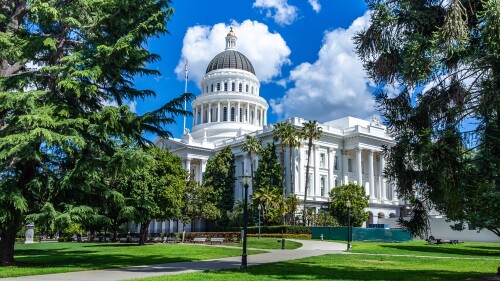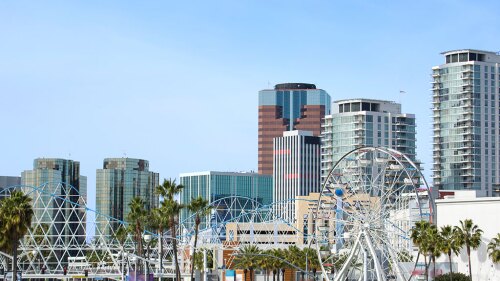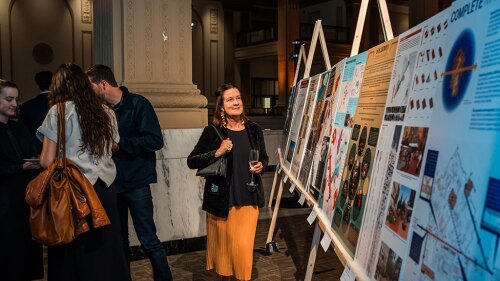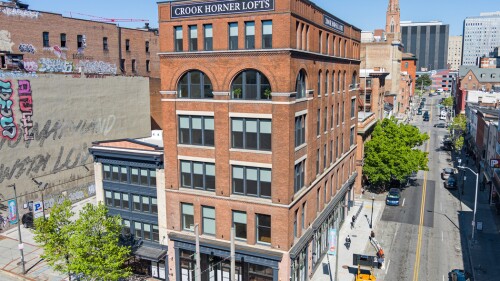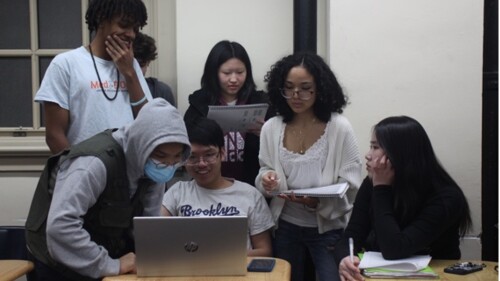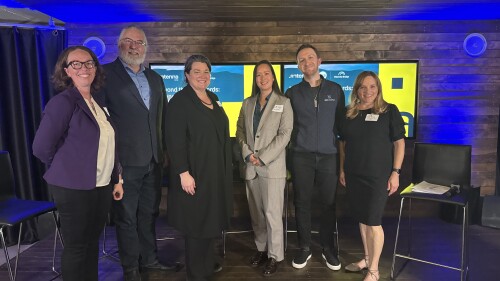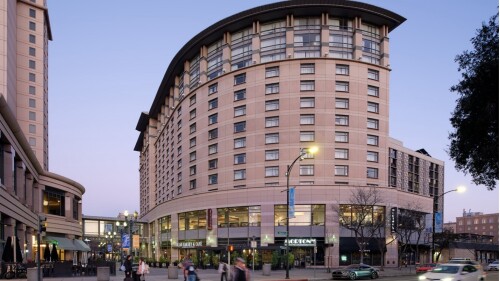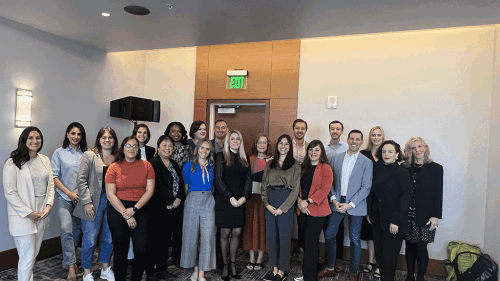San Francisco
A waterfront site across McCovey Cove from San Francisco’s Oracle Park had long served as a parking lot for Giants baseball fans—but little more. Today, the property is home to Mission Rock, an ambitious mixed-use development undertaken in a public-private partnership between the Giants, the Port of San Francisco, and global real estate development company Tishman Speyer. Attendees of the 2025 ULI Fall Meeting will have the opportunity to tour Mission Rock and learn how an unusually collaborative approach to development has created a neighborhood that goes beyond serving sports fans.
In April 2025, ULI San Francisco announced a global call to “reimagine” San Francisco’s famed Market Street, soliciting ideas grounded in ecology, economy, and equality. The goal is to turn the often drab, blighted strip into a series of vibrant, interconnected communities.
In a landmark moment for California housing policy, Governor Gavin Newsom signed two transformative bills into law in June 2025—AB 130 and SB 131. They fundamentally reshape how the California Environmental Quality Act (CEQA) applies to infill housing. Enacted as part of the state’s broader budget package, these reforms remove major procedural barriers for urban multifamily projects and signal a new direction in the state’s effort to address housing affordability through increased supply.
ULI is proud to announce partnerships with seven public agencies in California and Nevada that are working to advance resilience in urban planning and real estate development in their communities. The organizations are partnering with their local ULI District Councils as part of a larger effort aimed at connecting public sector leaders to ULI’s technical assistance, networks, and other resources and helping cities prepare for the impacts of climate change and other environmental vulnerabilities.
ULI San Francisco and the Civic Joy Fund have announced the winners of the Market Street Reimagined competition. This international competition of ideas, which attracted 173 submissions from nine countries, challenged entrants to create a new vision for the city’s main thoroughfare that would draw more visitors and businesses to the area. A distinguished jury, hosted by San Francisco mayor Daniel Lurie, divided the $100,000 prize among the winning teams and designated eight additional entries as honorable mentions.
From resilient parks to bold adaptive reuse, this year’s winners redefine urban innovation and community impact across the Americas
UrbanPlan is a hands-on simulation used to empower participants to shape the future of their built environment by more fully understanding the complex dynamics of urban development and the market and nonmarket forces that shape it. Established 21 years ago in collaboration with the Fisher Center of Real Estate and Urban Economics at the University of California, Berkeley, UrbanPlan was piloted in the Bay Area as a curriculum for high school and university students. The program now includes a variety of formats, including workshops for public officials and community members, and hosts programs throughout the United States and Canada, Europe, Asia and the United Kingdom.
In a world increasingly driven by environmental concerns and economic realities, the movement for sustainable commercial real estate has only gained momentum, despite shifting political tides.
By repurposing an underutilized hotel as student housing, San José State University ignites campus life and fuels a downtown resurgence
Launched in 2022 with the release of its foundational report, Homeless to Housed: The ULI Perspective, ULI’s Homeless to Housed (H2H) initiative aims to address the U.S. housing and homelessness crises through real estate–driven solutions that emphasize a new degree of affordability and necessary connections to supportive services. The early work reflected in the report brought to light the real estate development community’s ability to deploy expertise and resources in addressing homelessness in the communities where ULI members live and work.



